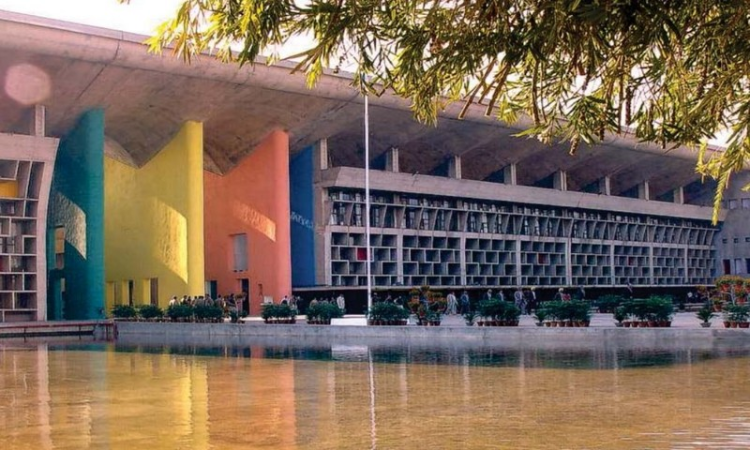The Punjab and Haryana High Court recently held that the non-domicile women cannot be considered for appointment against the 33% reserved posts for women belonging to Punjab.The issue before the court was whether the reservation is confined to the women of the State of Punjab or it is applicable to all the women belonging to other states also.While dismissing the petitions related to...

